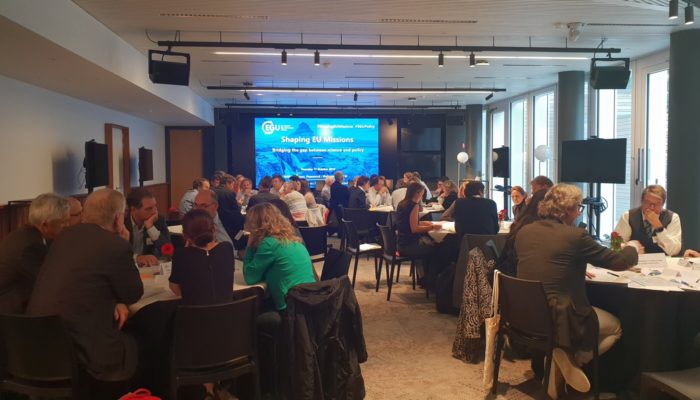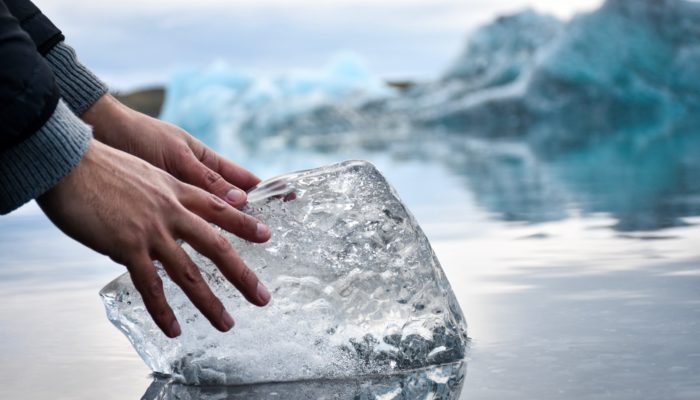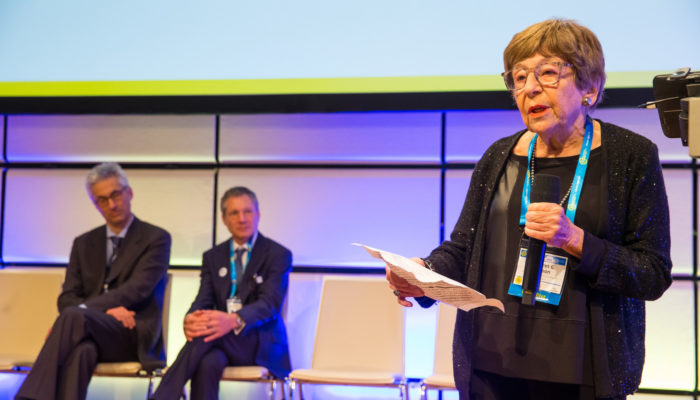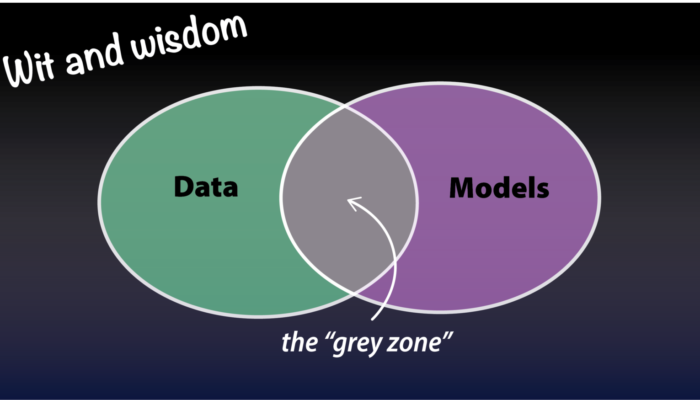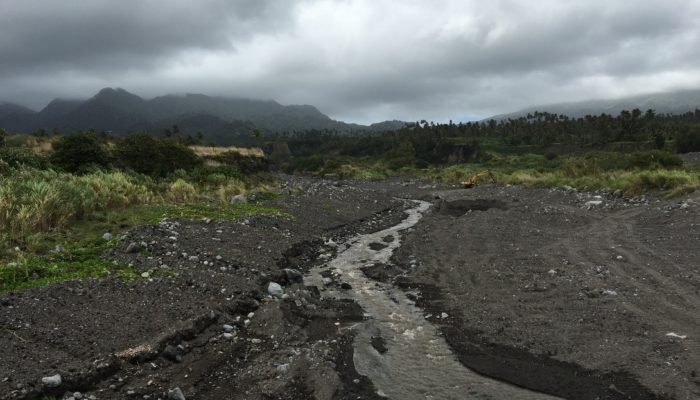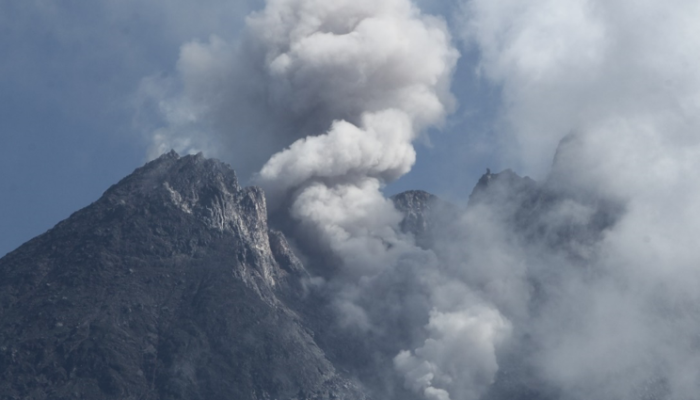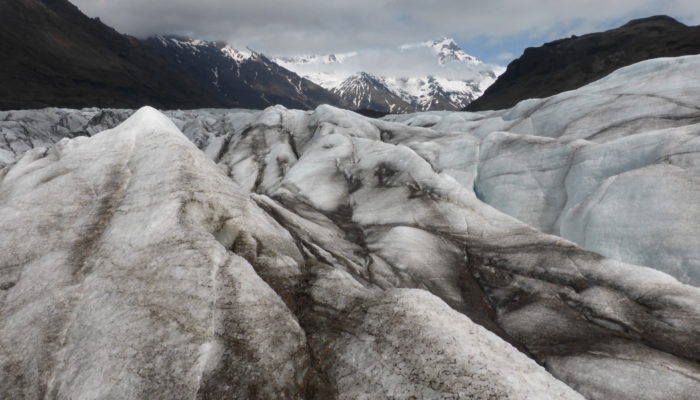Wildfire – like the ones observed in the Northwest Territories, Canada in 2014 (Fig. 1) – is a natural part of permafrost landscapes, but fires are expected to get more frequent and severe as the climate warms. This could accelerate the degradation of permafrost, with negative consequences on the local and global scale! We have a pretty good understanding of how permafrost responds to fire t ...[Read More]
If you didn't find what you was looking for try searching again.
Geodynamics
The Sassy Scientist – Earthquake Exoteries Nr. VII
Every week, The Sassy Scientist answers a question on geodynamics, related topics, academic life, the universe or anything in between with a healthy dose of sarcasm. Do you have a question for The Sassy Scientist? Submit your question here or leave a comment below. In a comment on a post about the key papers in geodynamics, the Curmudgeonly Commenter asked: Could you please point out some exceptio ...[Read More]
GeoLog
EGU 2020: Financial support to attend the General Assembly
The EGU is committed to promoting the participation of both early career scientists and established researchers from low and middle-income countries who wish to present their work at the EGU General Assembly. In order to encourage participation of scientists from both these groups, a part of the overall budget of the EGU General Assembly is reserved to provide financial support to those who wish t ...[Read More]
GeoLog
GeoPolicy: Shaping EU Missions – bridging the gap between geoscience and policy
This month’s GeoPolicy blog post is a Q&A about the EGU’s second annual science-policy event, Shaping EU Missions: bridging the gap between geoscience and policy which was hosted in Brussels on October 17 2019. The EGU has an annual event outside of the General Assembly?? Yes! Except this one is much smaller with about 70 participants and relatively new (only starting in 2018). Th ...[Read More]
Cryospheric Sciences
Ice-hot news: The IPCC Special Report on the Oceans and the Cryosphere under Climate Change
You have probably heard the name “Intergovernmental Panel on Climate Change (IPCC)” mentioned frequently over the last few years. The IPCC is the United Nations body for assessing science related to climate change and it publishes global assessment reports on this topic every 5 to 10 years. Due to the current urgency of the global climate crisis and the need for more information by decision makers ...[Read More]
GeoLog
EGU announces 2020 awards and medals
This week, the EGU announced the 49 recipients of next year’s Union Medals and Awards, Division Medals and Division Outstanding Early Career Scientist Awards. The aim of the awards is to recognise the efforts of the awardees in furthering our understanding of the Earth, planetary and space sciences. The prizes will be handed out during the EGU 2020 General Assembly in Vienna on 3-8 May. Head over ...[Read More]
Geodynamics
The conundrum posed by data and models
A privilege of being an academic is the freedom to muse, staying faithful to the title of a PhD which is, after all, a doctor of philosophy. In his latest reflection on a topic of importance to all scientific disciplines, Dan Bower (CSH and Ambizione Fellow at the University of Bern) discusses the ambiguity that comes with the separation of data and models. What are data? What are models? You ar ...[Read More]
Natural Hazards
The bad, the good and the unpredictable: living with volcanoes / part 1
Introduction Humans have existed and lived alongside volcanoes for as long as we have been on the planet. For some, this has been beneficial and often, in fact, we can see how indigenous knowledge finds a sustainable approach living with them. However, in some cases, societies cannot cope and are overwhelmed with volcanic eruptions. There are many examples from archaeological studies dealing with ...[Read More]
Geochemistry, Mineralogy, Petrology & Volcanology
Can limestone digestion by volcanoes contribute to higher atmospheric carbon dioxide levels?
By Frances Deegan and Ralf Halama Carbon – the element on everyone’s lips. Carbon is unquestionably one of the most important elements on Earth – terrestrial life is carbon-based and so are many of our energy sources. From the perspective of a human time-scale, biological and anthropogenic (caused by human activity) carbon fluxes are very important (e.g. through industrial activity and burni ...[Read More]
Cryospheric Sciences
Cryo-adventures – Behind the scenes of cryo-fieldwork
As the Arctic is warming faster than the global average, Arctic glaciers are rapidly melting. My research is about the fate of glacial organic carbon when the ice containing it melts. To investigate these processes, I travelled to several glaciers, an activity full of challenges… and rewards! My research Glacier ice covers about 11% of Earth’s land surface, and contains within it a globally ...[Read More]

![For Dummies – How do wildfires impact permafrost? [OR.. a story of ice and fire]](https://blogs.egu.eu/divisions/cr/wp-content/blogs.dir/17/files/2019/10/DJI01011-700x400.jpg)


